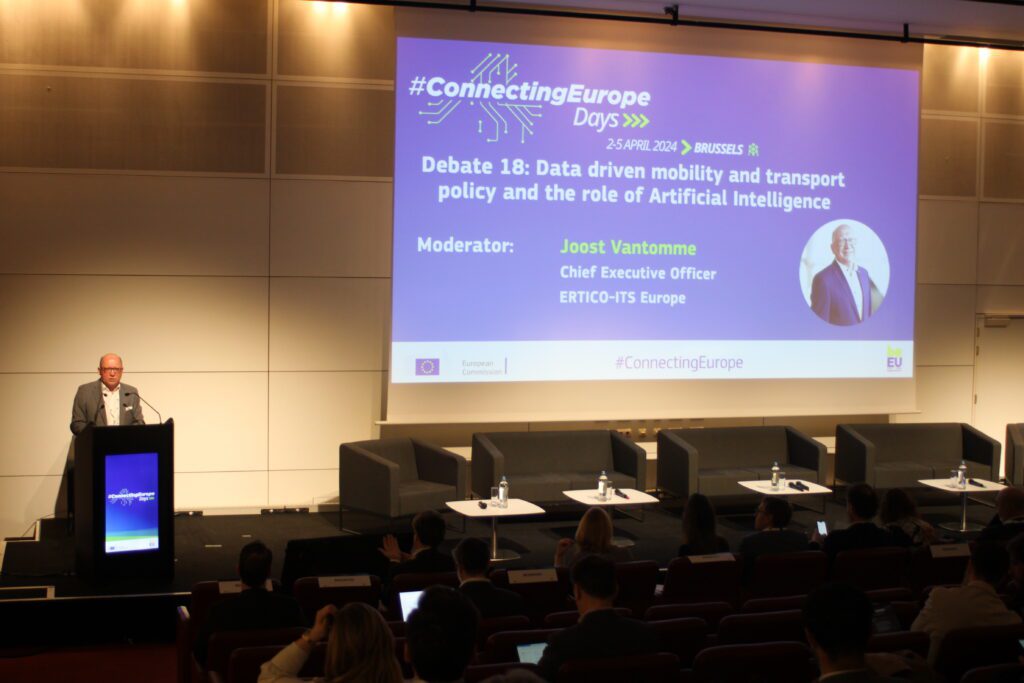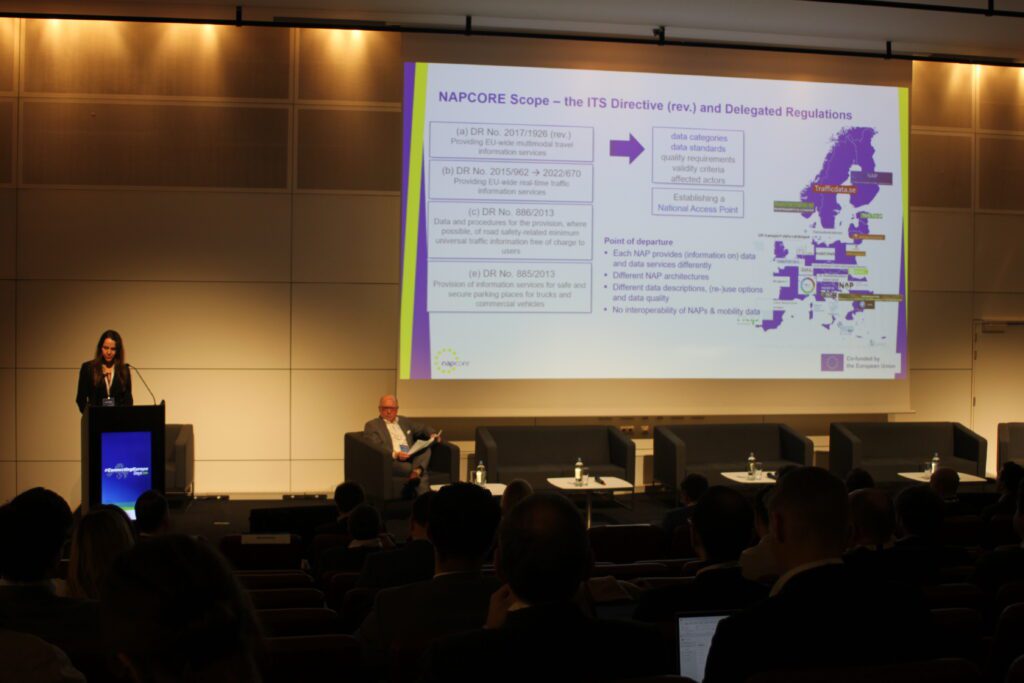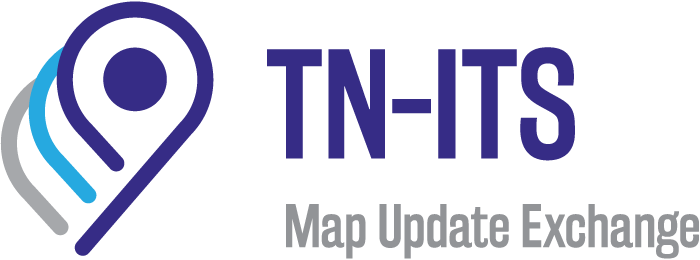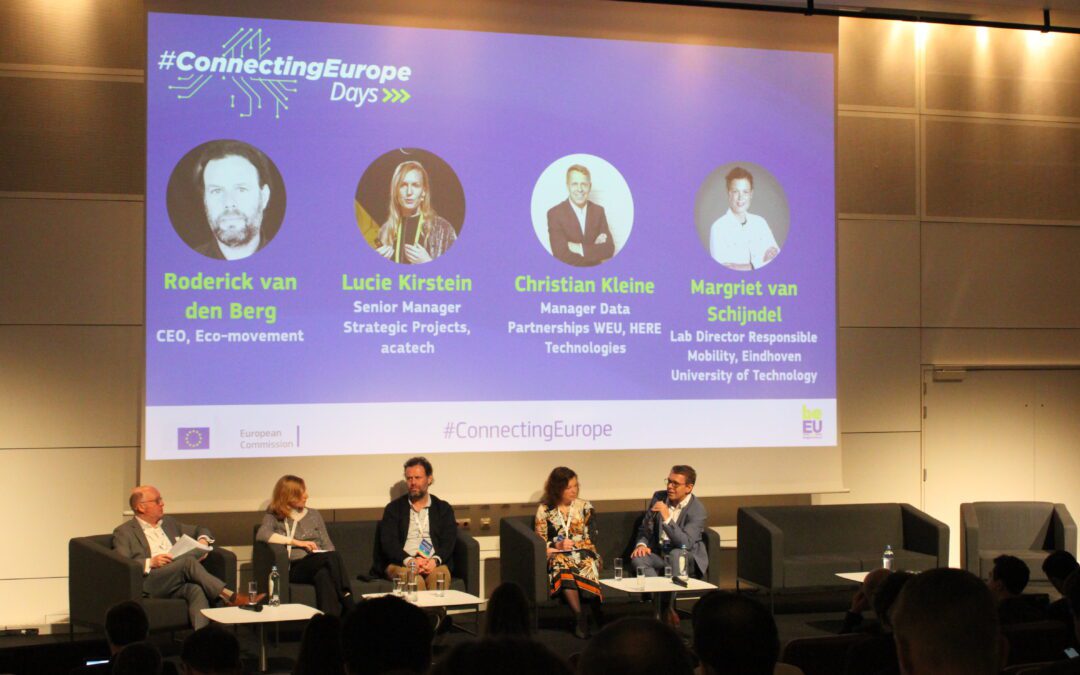The recent Connecting Europe Days in Brussels brought together industry leaders and authorities to discuss the future of sustainable, smart and resilient transport solutions in Europe. The TN-ITS president and data mapping expert at HERE Technologies, Christian Kleine, participated in a debate session ‘Data-driven mobility and transport policy and the role of Artificial Intelligence’, highlighting the critical role of data quality in supporting public policy and information services. This includes areas like electric vehicle charging infrastructure, real-time traffic information, and compliance with transport regulations. Good quality data allows for informed decision-making, efficient allocation of funds, and ultimately, the successful implementation of AI-powered transport solutions.
The session, moderated by ERTICO CEO Joost Vantomme, also explored the importance of data-sharing initiatives like the European Mobility Data Space (EMDS). In addition to the focus on data quality, the conference delved into other aspects of Intelligent Transport Systems (ITS), with a focus on the latest advancements in connected and automated vehicles, how ITS can be used to create a more sustainable transportation system and its possibilities to optimise logistic operations. The debate also highlighted the potential of ITS to play a crucial role in areas like identification, air quality, and climate change mitigation.

The first part of the session featured presentations that showcased real-world examples of data utilization in support of transportation policy and information services. Damaris Gruber presented NAPCORE’s latest efforts to enhance interoperability in Europe by harmonising the National Access Points (NAPs). The merger of TN-ITS and DATEX II standards was pointed out as the top achievement, along with other significant milestones such as the signing of a Cooperation Agreement with POLIS and a multi-party Collaboration Agreement signed with TISA, DFRS, C-Roads, DATEX II and the Car 2 Car Communication Consortium, both signed within the Connecting Europe Days. Within the past months, NAPCORE has also worked on a data dictionary, released the MobitiliyDCAT-AP and is developing a NAP Reference architecture for better harmonisation and interoperability.

The last part of the debate explored the challenges and opportunities surrounding data management in a future shaped by AI and advanced transportation systems. Christian Kleine emphasised the need for clear quality criteria, not just for static data, as addressed by TN-ITS, but also for dynamic data that reflects real-time changes. Mr Kleine proposed establishing methods for assessing data quality. AI mechanisms could potentially be integrated into the feedback loop and automate data quality improvements. By ensuring high-quality data across static and dynamic elements, TN-ITS and similar initiatives pave the way for the safe and effective operation of Intelligent Transport Systems and autonomous vehicles, shaping the future of a smarter and more sustainable transportation landscape in Europe.

